Your Clinic
SET A LOCATION
Your Clinic
SET A LOCATION
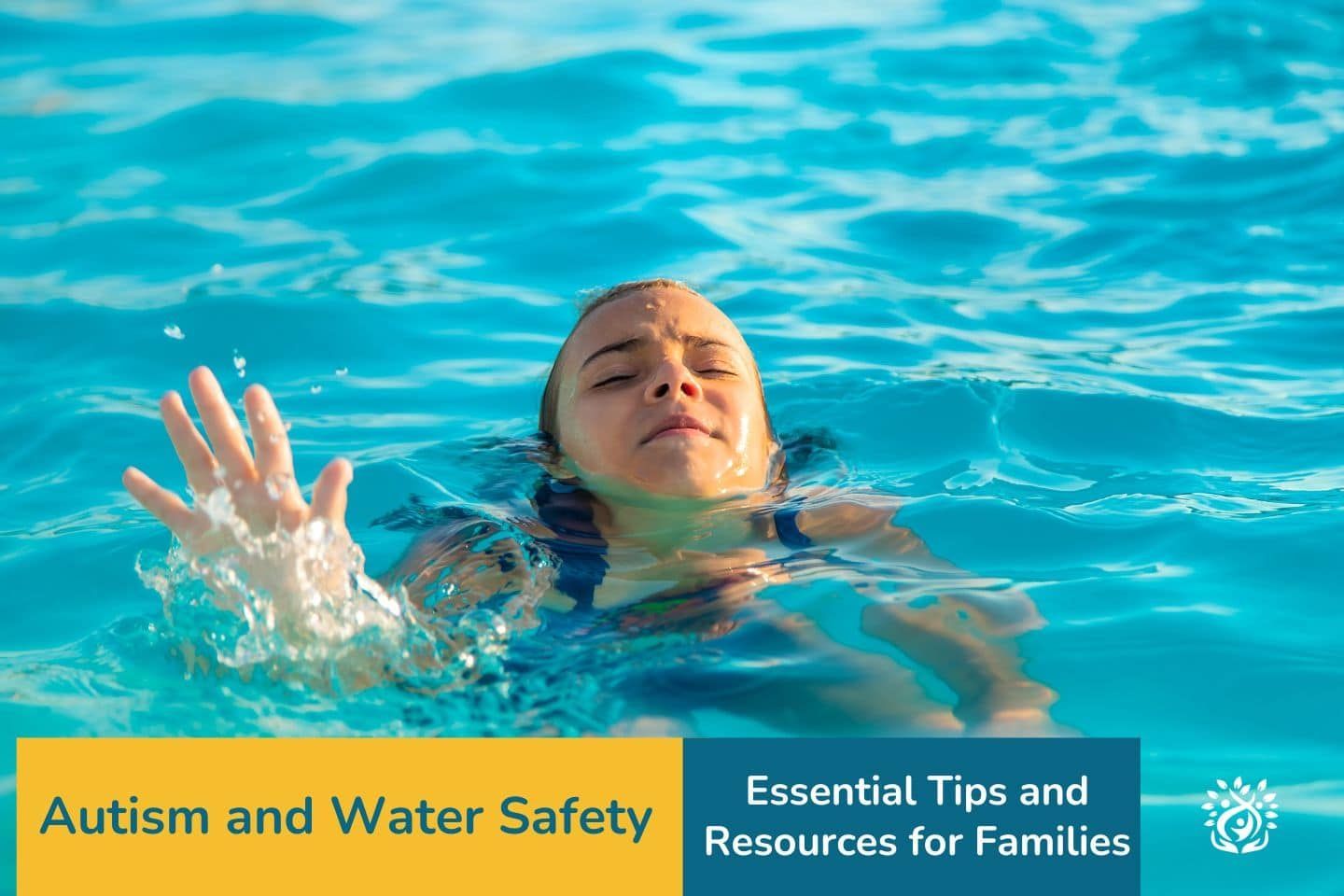
Water safety is a top priority for all families, but it’s especially important for children with autism spectrum disorder (ASD), who may face unique challenges around water. At Progressive Pediatric Therapy (PPT), we understand the importance of ensuring that every child, regardless of ability, can enjoy the water safely. In this blog, we’ll explore the specific risks ASD children may encounter and how our therapy services can help prepare them for a safe and fun water experience.
Children with autism often have sensory needs that attract them to the water. Additionally, challenges with social cues and safety awareness can put them at increased risk of accidents. Teaching prevention measures and recognizing hazard signs are crucial steps in keeping ASD children safe around water.

Visual learning plays a key role in water safety to ASD children. At PPT, we recognize that visual tools can be used to reinforce learning not only for children with ASD but for everyone. A big red STOP sign on a pool fence, body of water or any other unsafe location may help every child avoid injury. That’s why we incorporate visual aids into most of our therapy sessions and encourage families to do the same at home. By providing clear visual boundaries and cues, we help ASD children understand and internalize important safety rules.
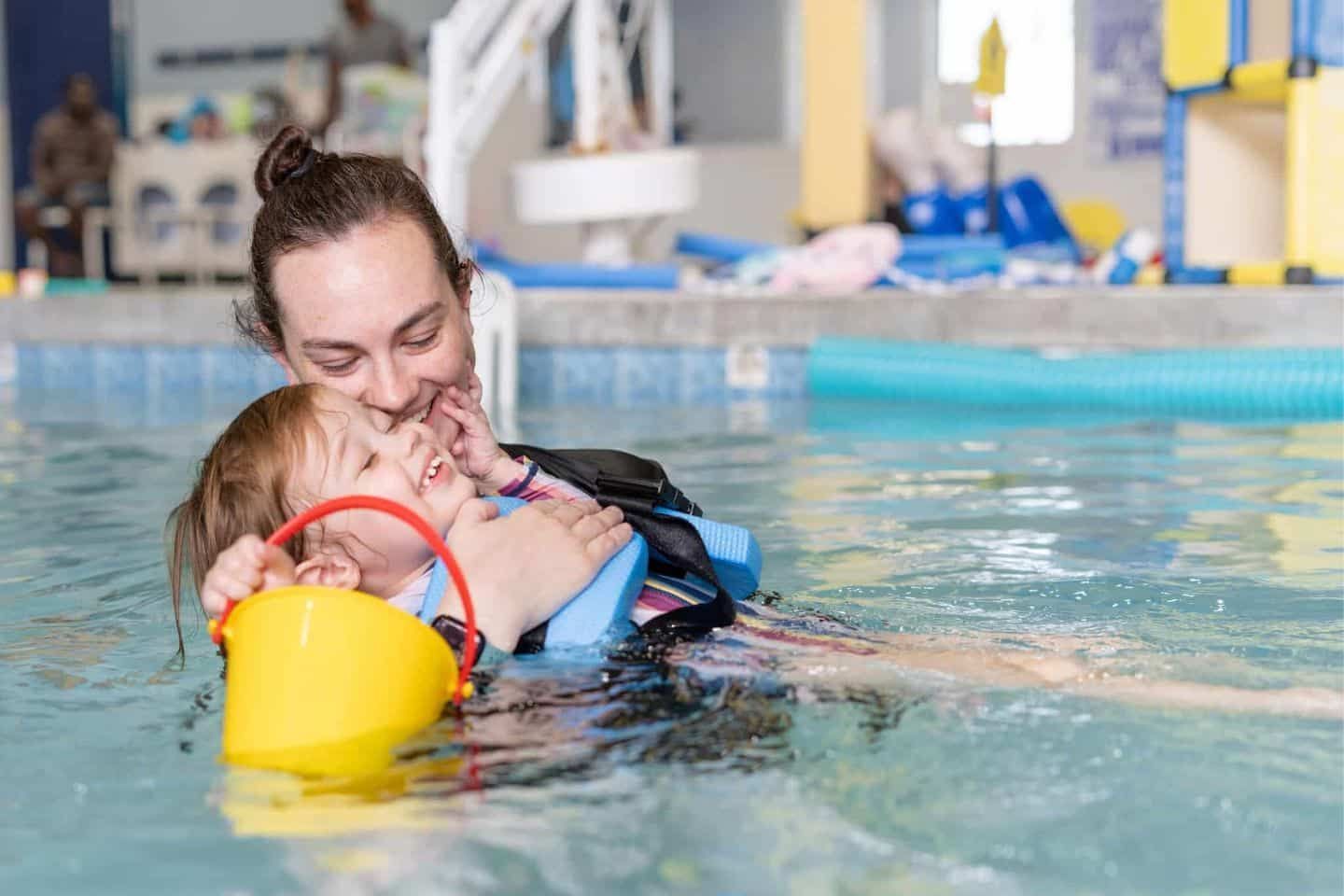
Our Speech Therapy (ST) and Occupational Therapy (OT) programs are designed to address the specific needs of ASD children and prepare them for swimming lessons. Through sensory integration techniques and skill-building activities, we help ASD children develop the foundational skills to begin to navigate water safely.
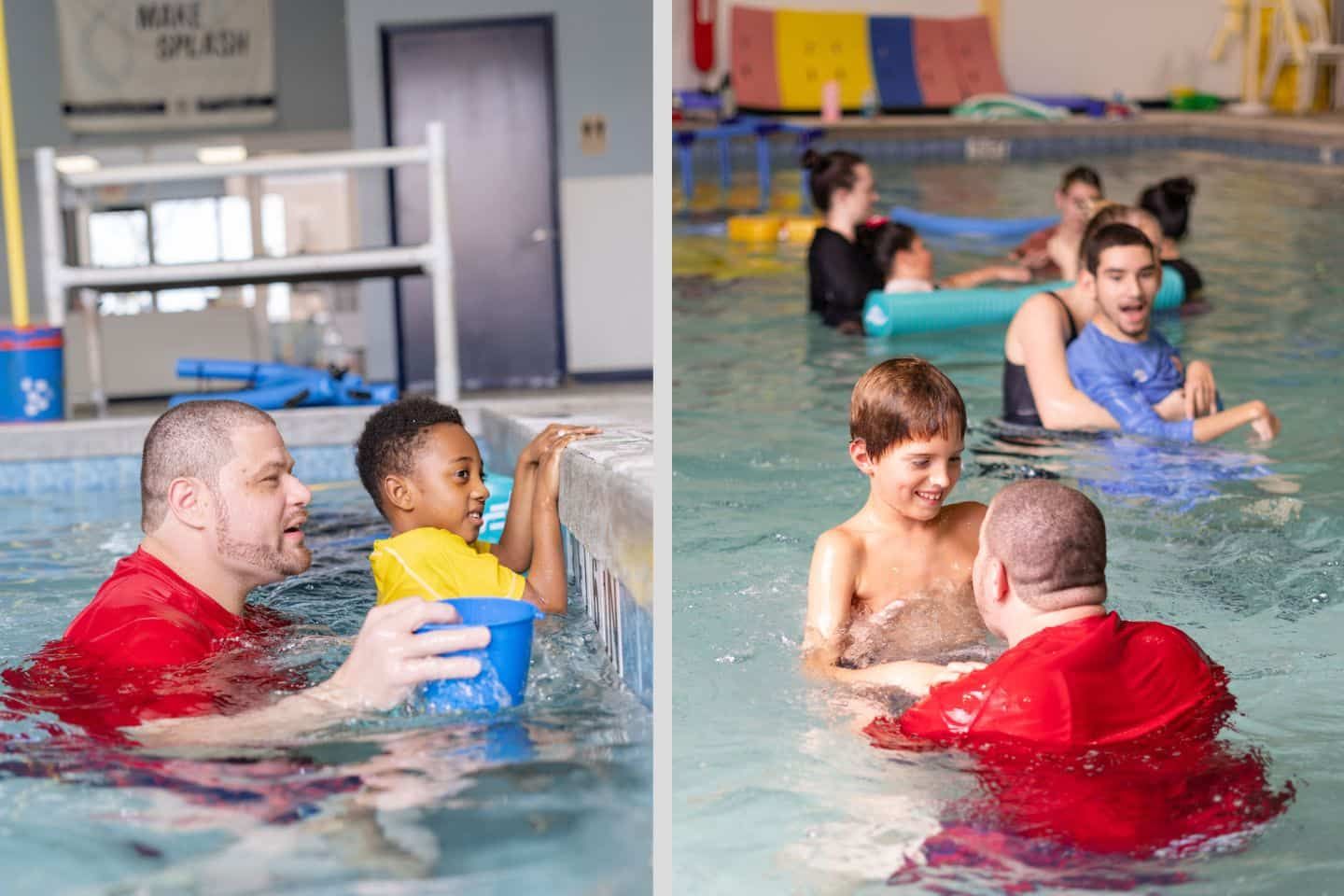
We believe that the key to drowning prevention for children with ASD begins with empowering families with knowledge and resources. That’s why we team up with our community partners such as PPT4ed , Small Fish Big Fish Swim School, Superhero Swim Academy, Hope4Mobility, and the Drowning Prevention Coalition of Palm Beach County to help ASD children learn water safety skills in a supportive environment, while ensuring that families have access to the specialized instruction their children need. Furthermore, we provide Occupational, Speech, and Physical therapy services in the pool.
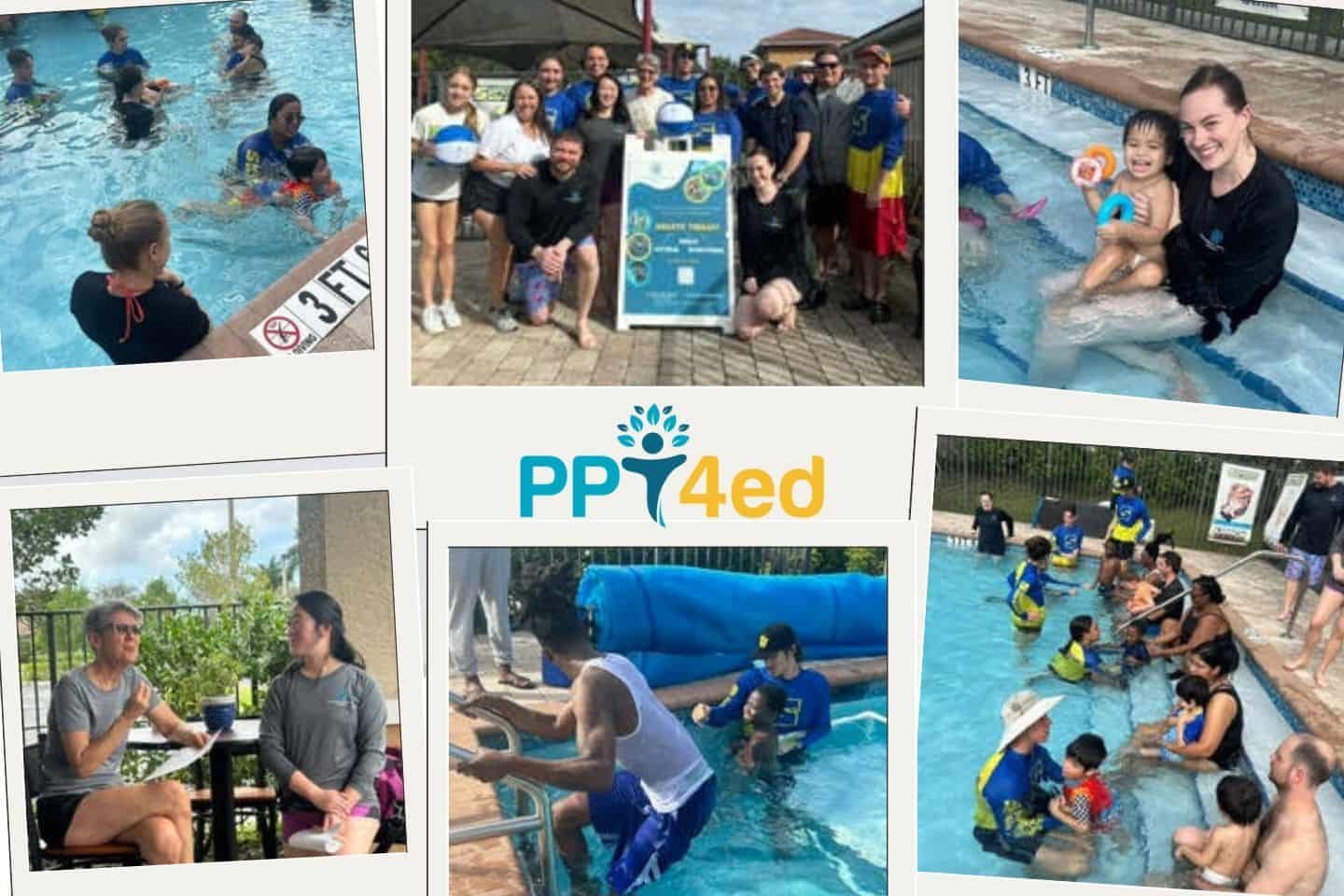
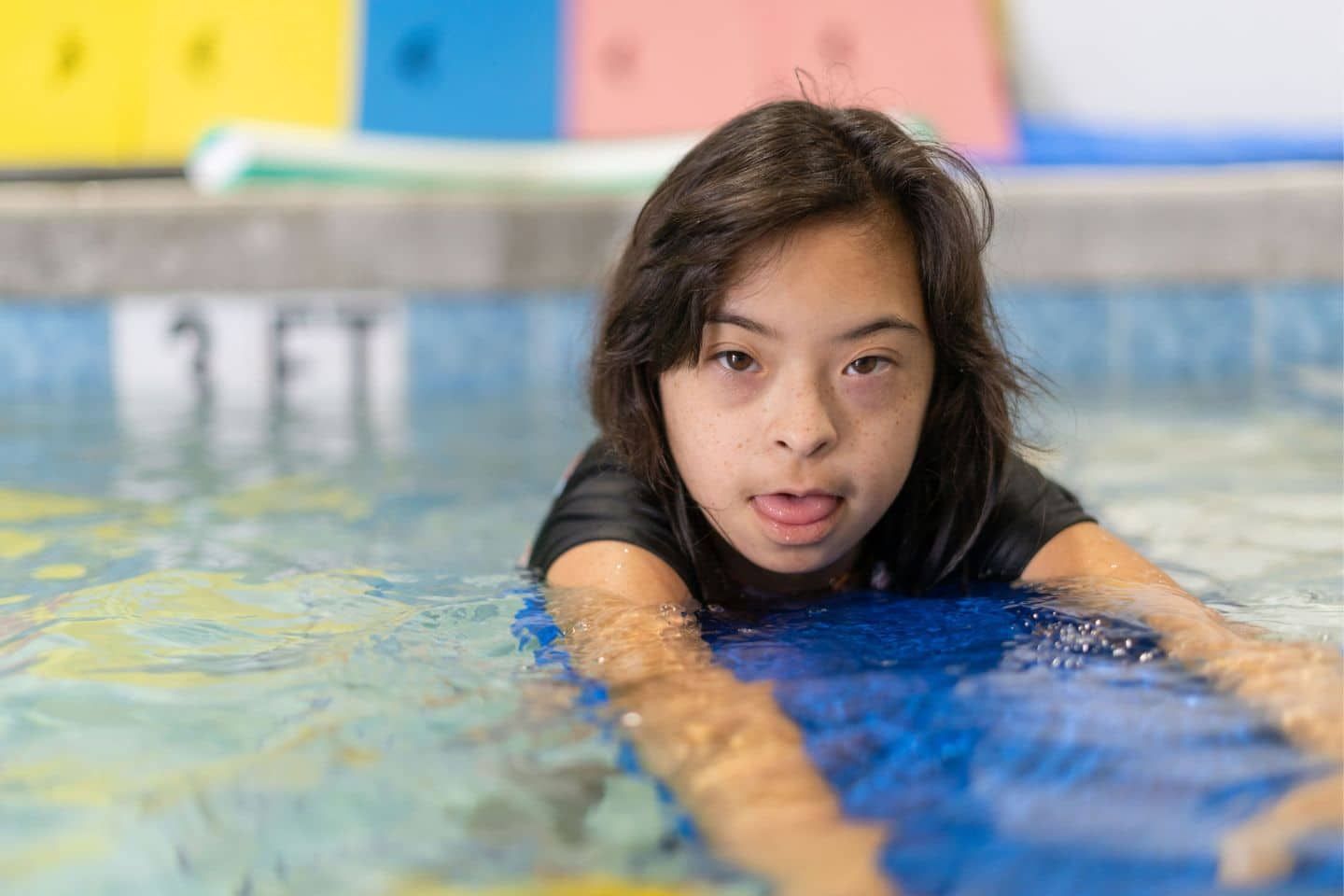
These resources offer valuable insights and strategies for families seeking to enhance water safety for their children with autism. Each source provides unique perspectives and expertise, contributing to a comprehensive approach to drowning prevention and water safety education.
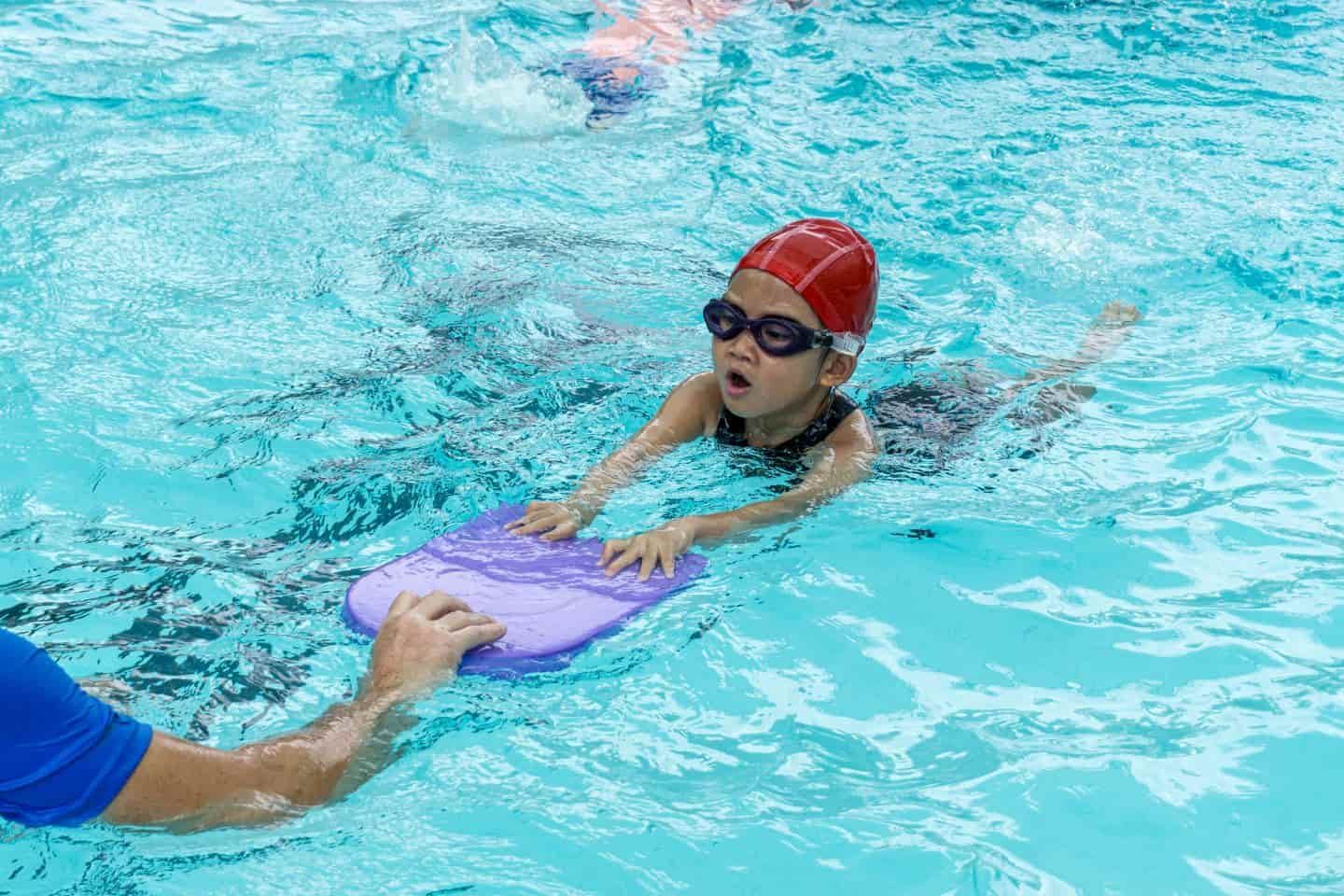
Water safety is a vital skill for children with autism, and with the right support and education, every child can learn to enjoy the water safely. At Progressive Pediatric Therapy, we’re committed to providing the tools and resources families need to keep their ASD children safe and confident in and around water. Together, we can ensure that every child has the opportunity to make a splash safely.
PPT is committed to empowering children and families through specialized Physical, Occupational, Speech, and Feeding Therapy. With a compassionate team of pediatric therapists, PPT focuses on providing individualized care, enhancing development, and fostering hope and happiness in a supportive environment.
Curious if your child could benefit from our services? Contact us. For more parenting tips and tricks, don’t forget to subscribe to our blog and YouTube channel . Share your own experiences in the comments below, or reach out if you have any questions!
The post Autism and Water Safety: Essential Tips and Resources for Families appeared first on PPT4Kids.






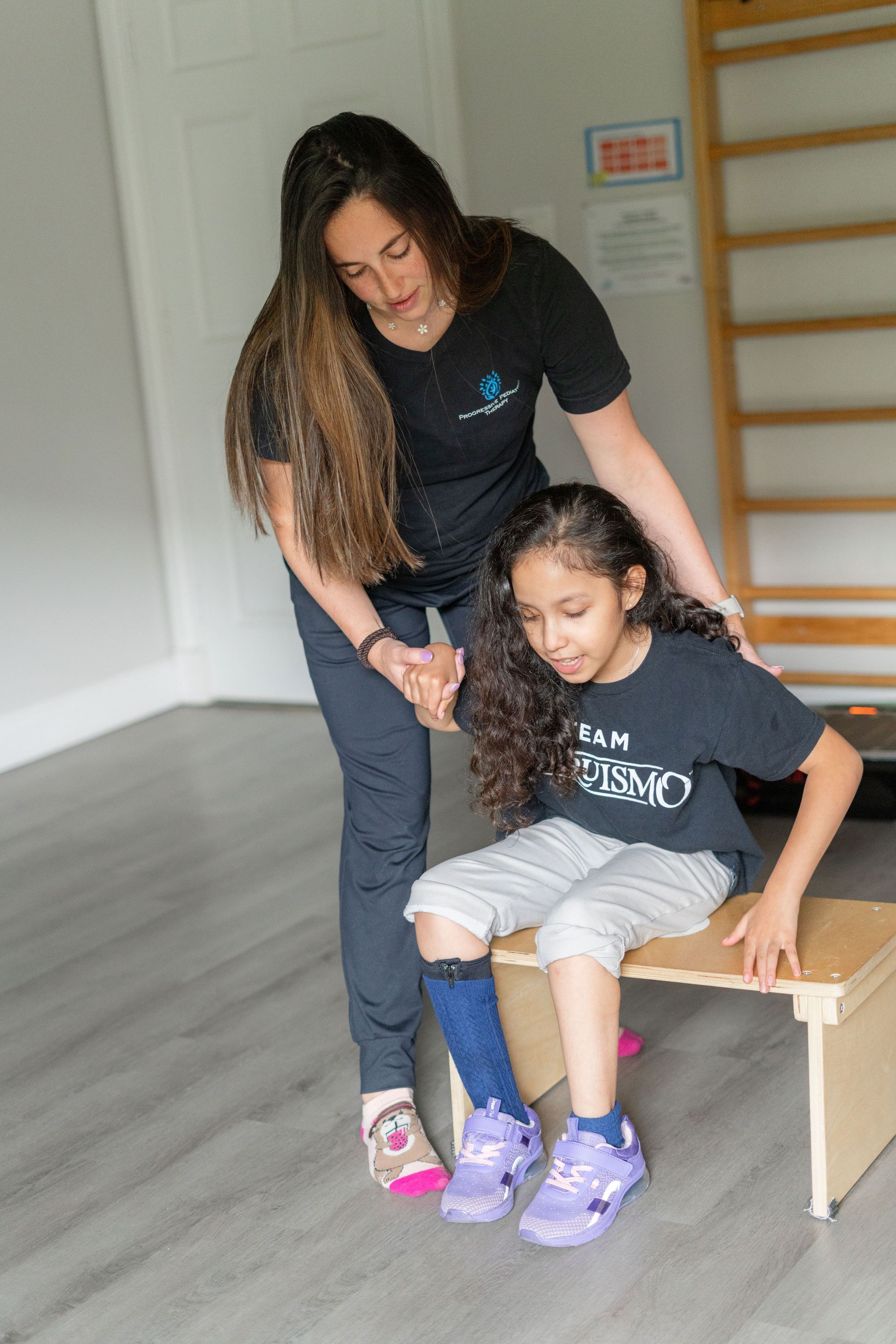


We empower children, families, and the community to learn, grow, and celebrate every child's unique abilities.
Quick Links
Contact Details
Phone: 561-376-2573 | 561-918-0190
Fax: 561-218-4939
VIP Concierge: 561-717-1764
Clinic Locations
All Rights Reserved | Progressive Pediatric Therapy, Inc. | Privacy Policy | Terms of Service
Site by Spearlance